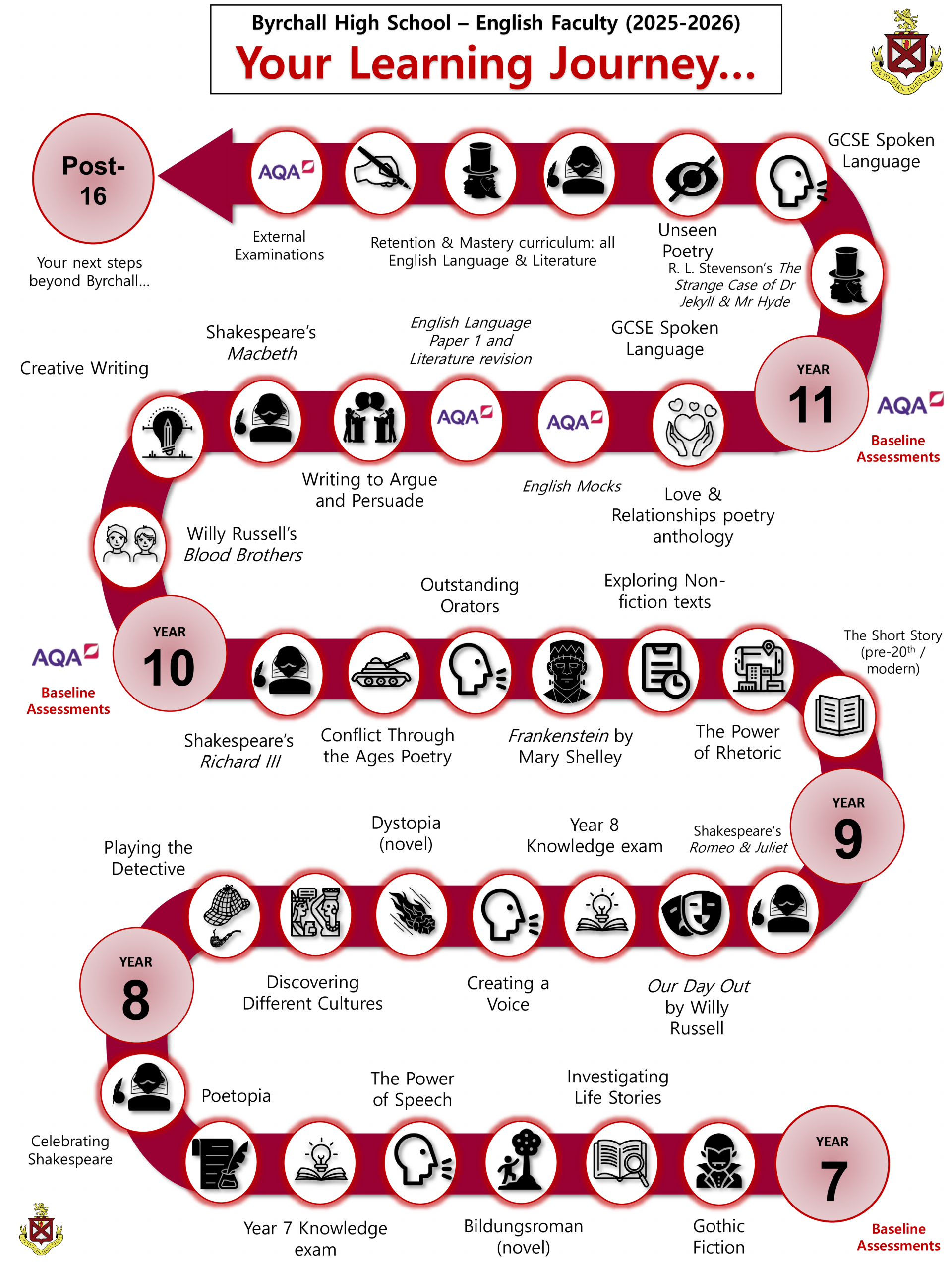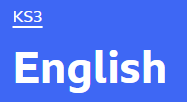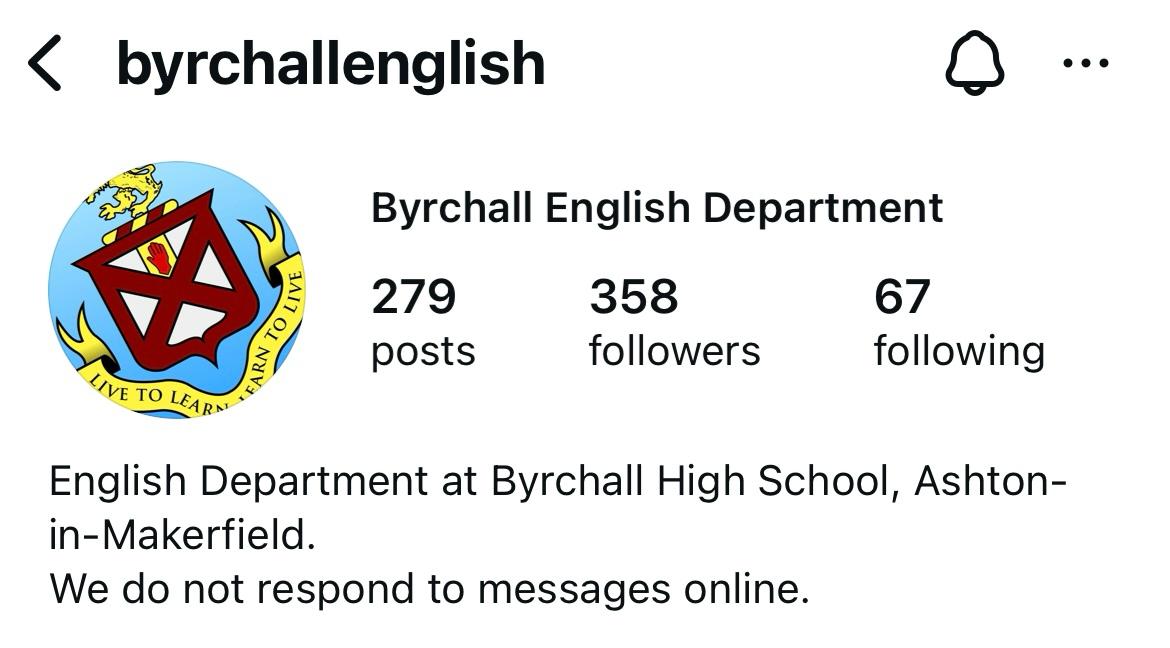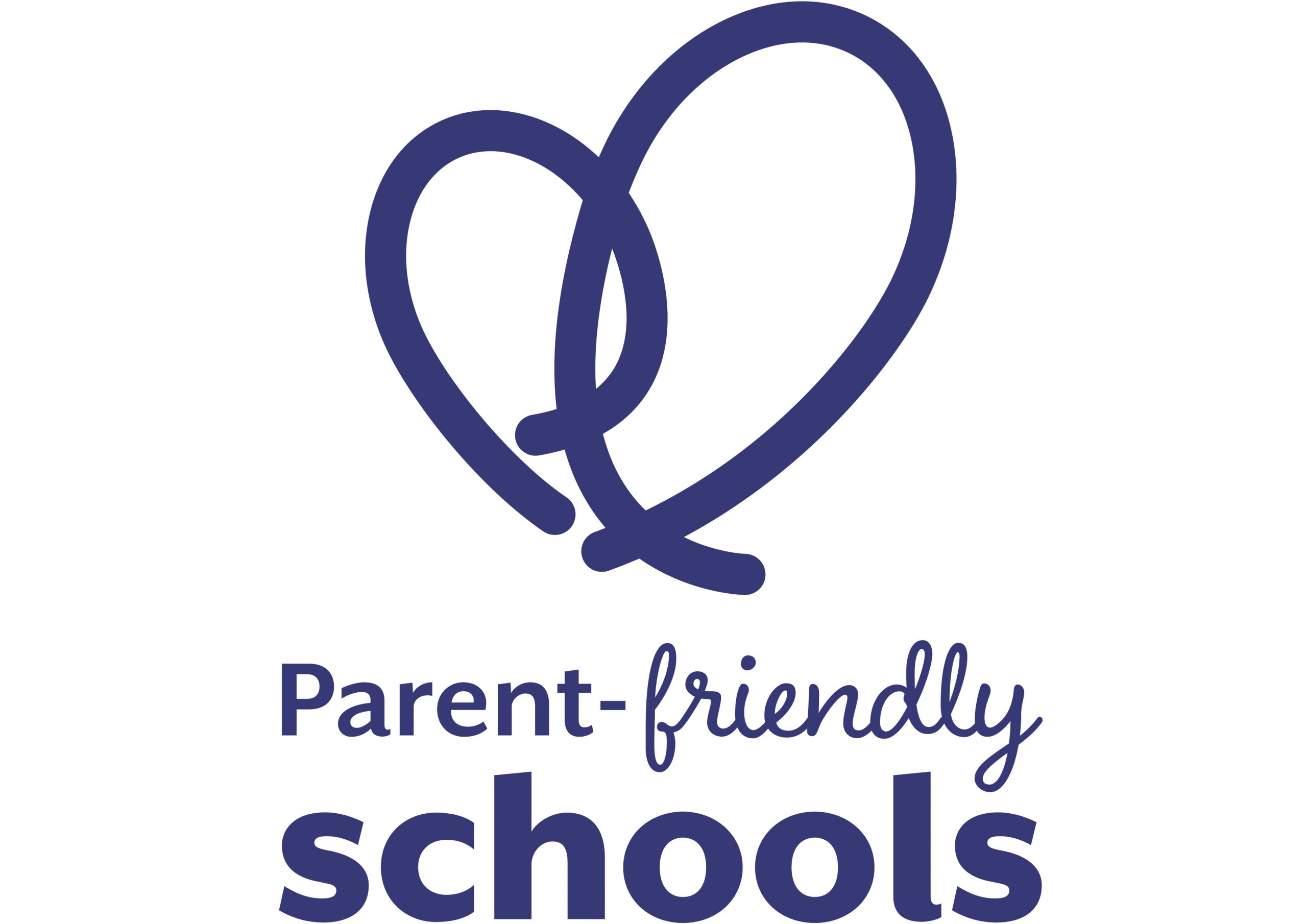english
click or tap the bottom right of film for sound.
Our core purpose:
- Developing students’ reading
- Promoting a love for reading
- Developing communication skills
- Encouraging curiosity
- Enriching the curriculum through cultural
Creating opportunities for students to develop a love of the English language lies at the heart of the English faculty. As a team of subject specialists, we work tirelessly to provide students with a range of exciting and challenging classroom activities and precisely selected texts linked to the expansion and consolidation of their reading, writing and speaking and listening skills and ultimately, the creation of critical, curious and creative thinkers who collaborate and communicate effectively. We encourage students to reflect on the texts we read, make their own judgements and draw their own conclusions.
We are passionate about storytelling in all its forms and want our students to develop and share a similar passion and enthusiasm.
Our aim is to empower students to read critically, write fluently, analytically and creatively and speak effectively so they will have the necessary skills and abilities to succeed in an increasingly complex, ever-changing and competitive world. We constantly review and update the curriculum to ensure relevance and alignment with students’ lives and their own experiences.
A mastery of English is the key to opening the doors of success.

Clicking on the buttons below will download a PDF including a further breakdown of topics covered in the subject:
Reading Beyond The Classroom
While in Years 7, 8 and 9 students should try and read a wide variety of books. The more students read then the better and more disciplined they become at writing as they witness a range of writing styles, techniques and deliberate use of structure and punctuation.
Newspapers and magazines are a good source of reading and these types of text will help prepare students for their English Language examinations in Years 10 and 11.
While in Years 10 and 11 students should try and read a wide variety of books and poetry. The more students read then the better and more disciplined they become at writing as they witness a range of writing styles, techniques and deliberate use of structure and punctuation.
Further information below:











